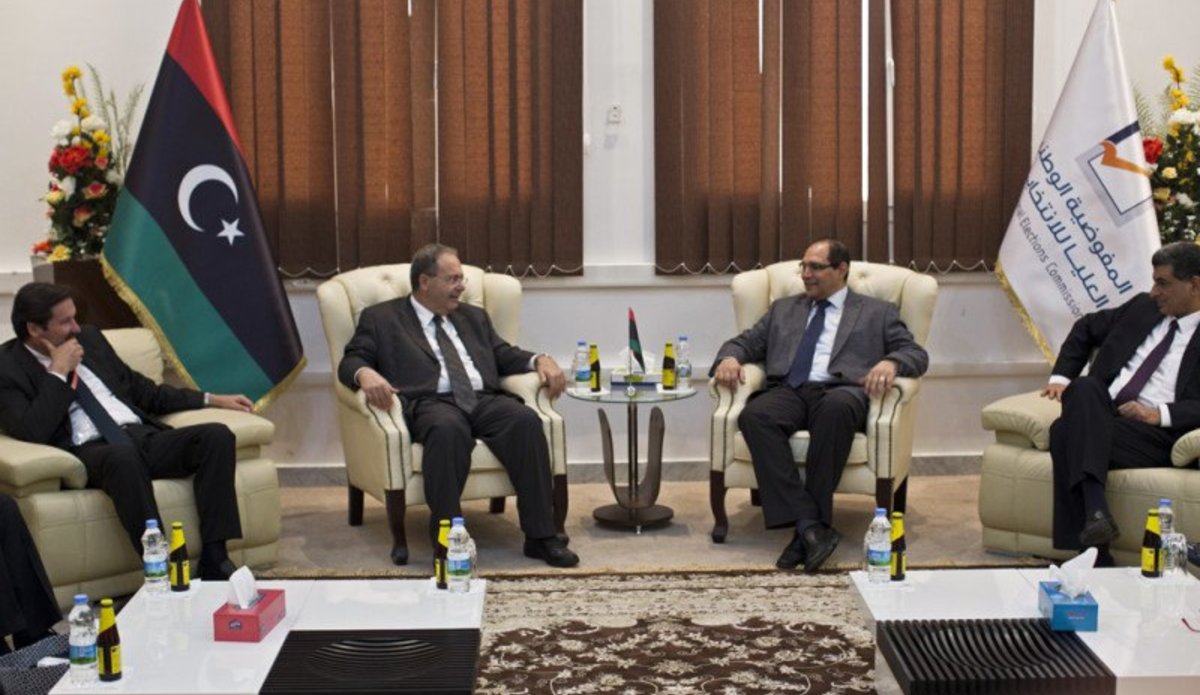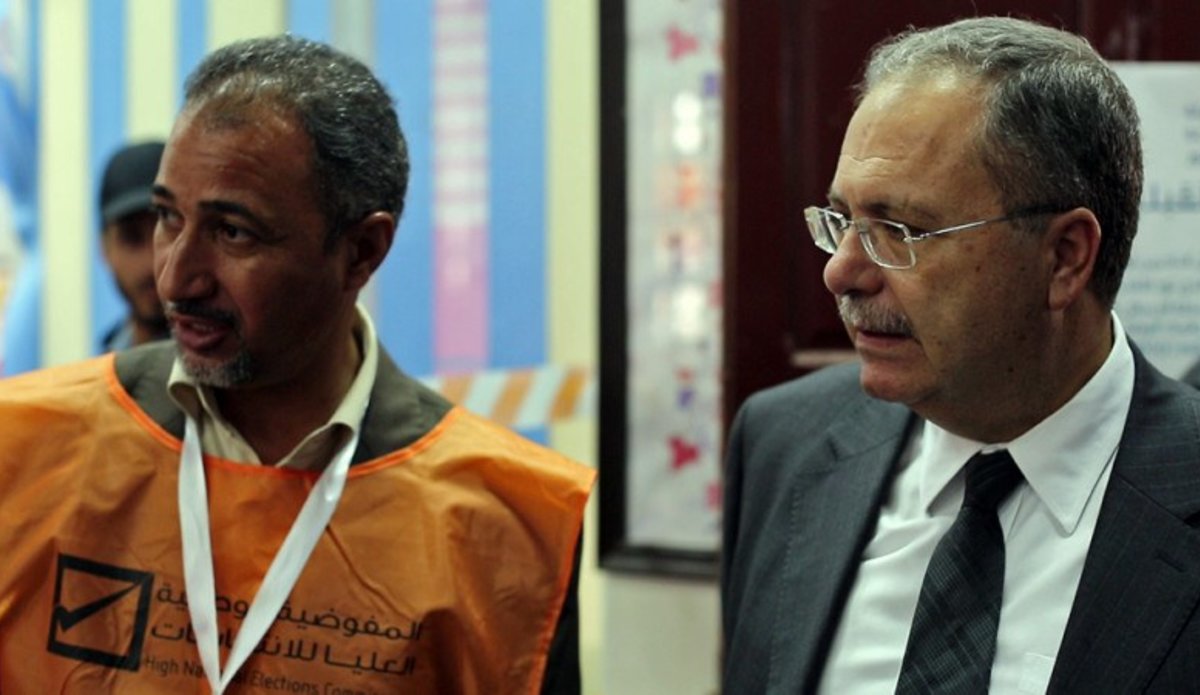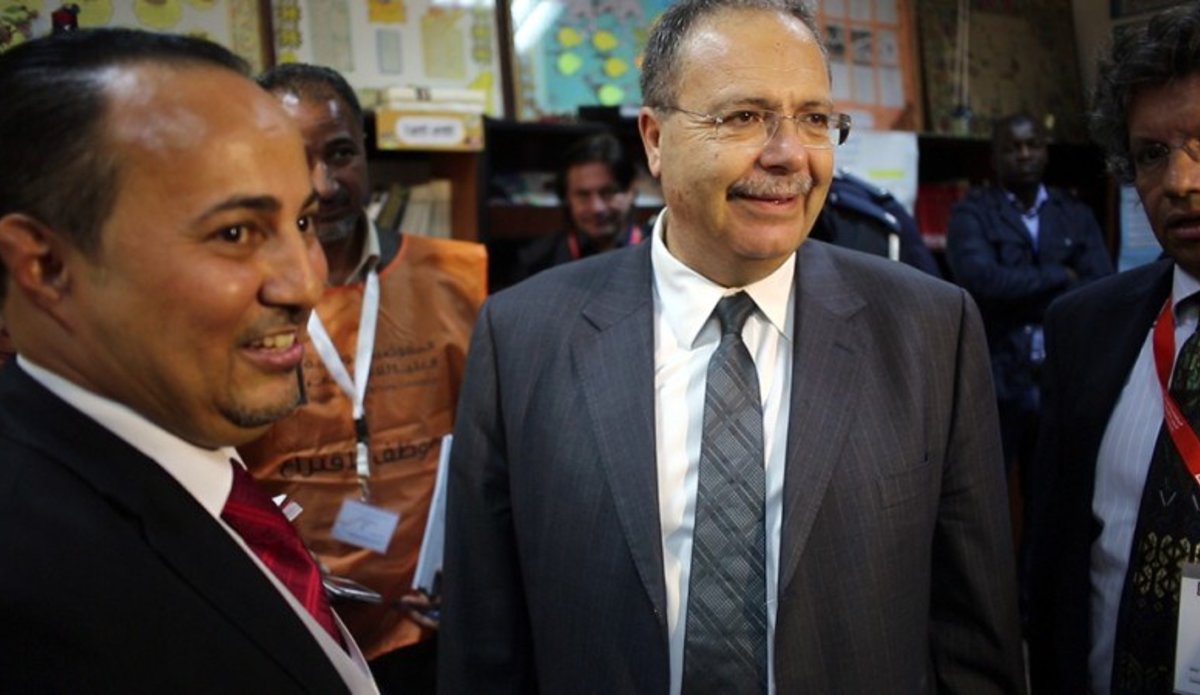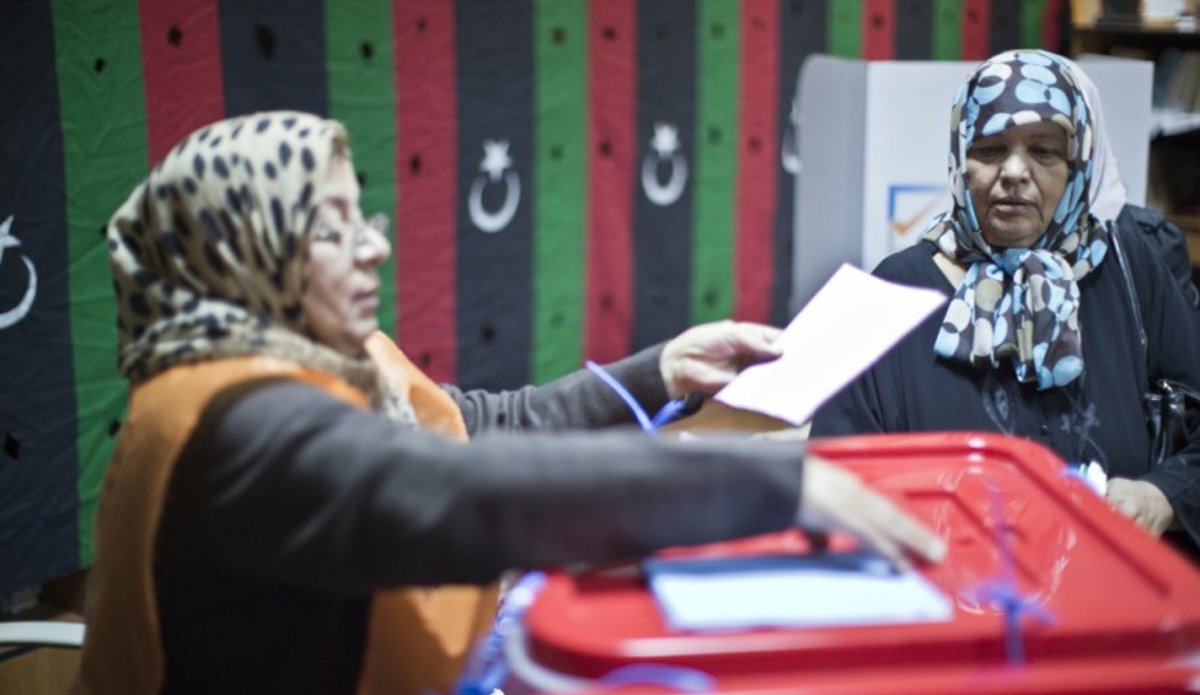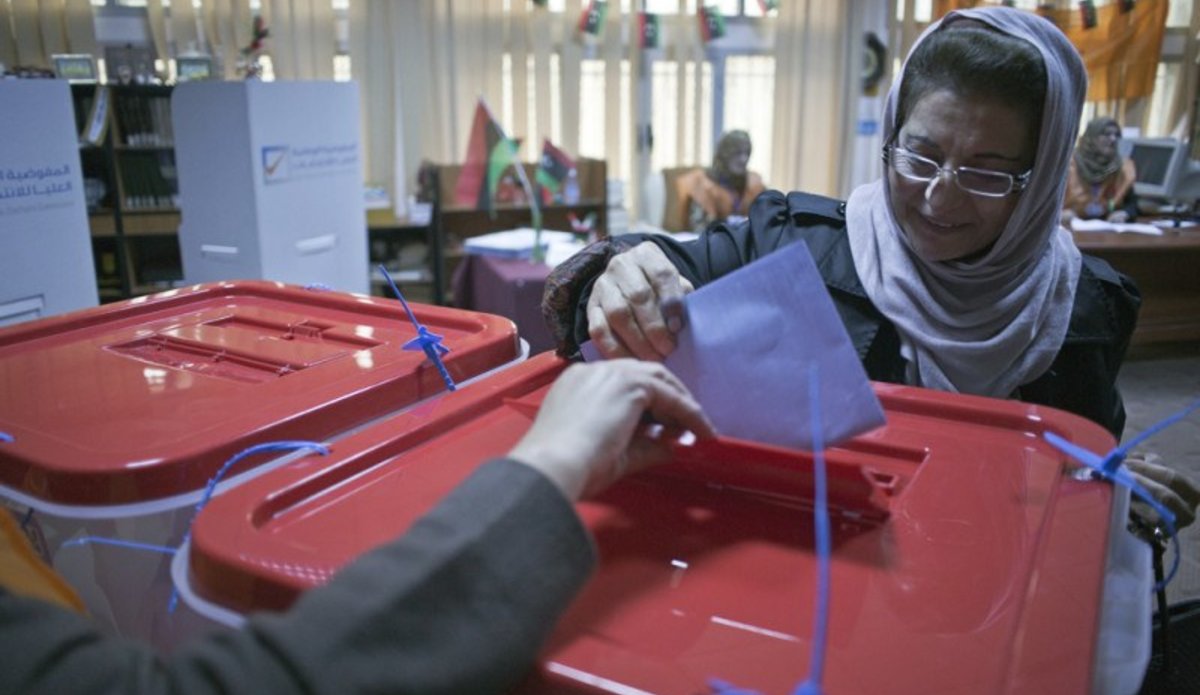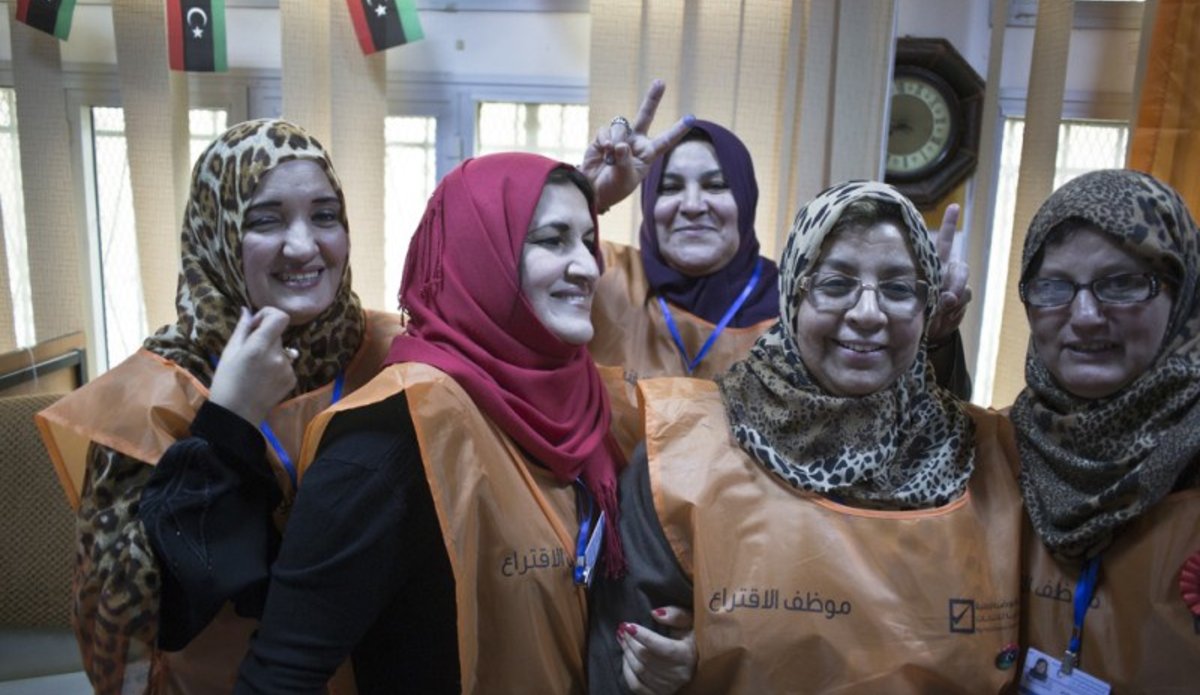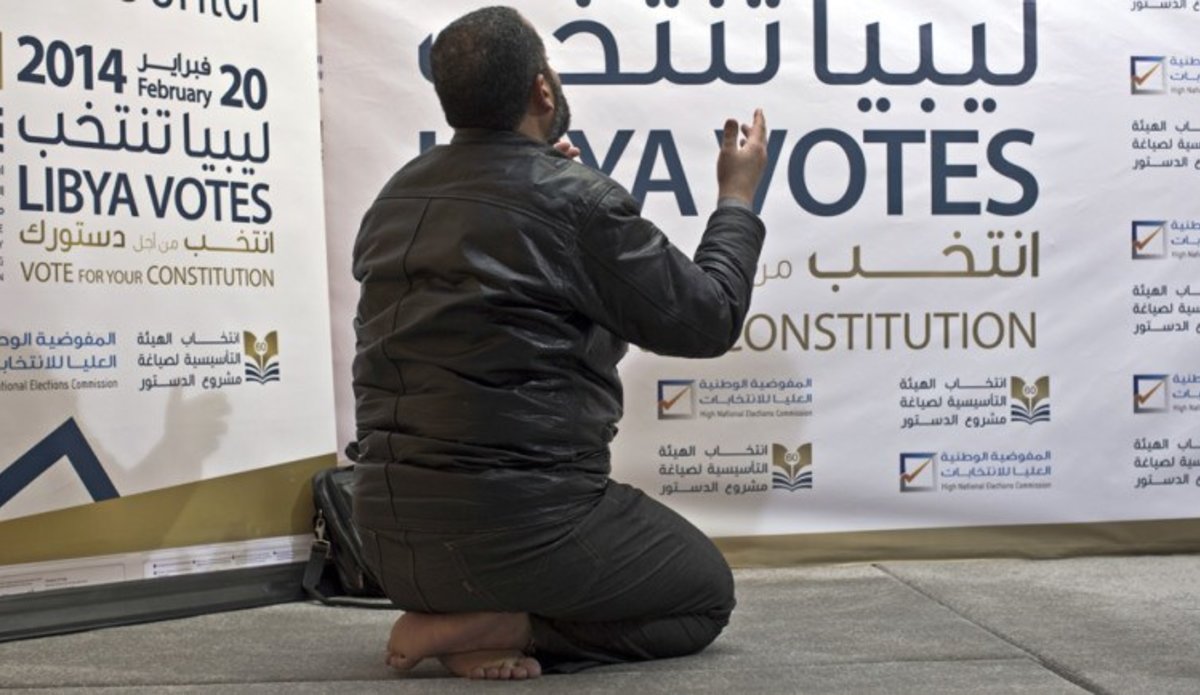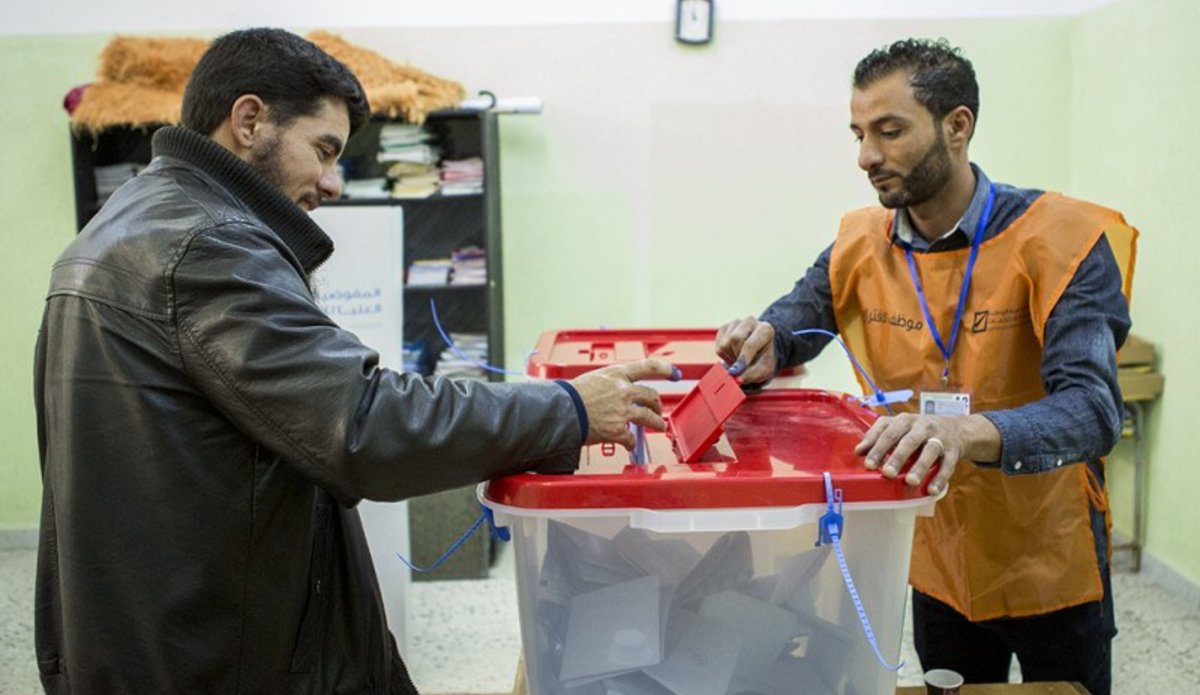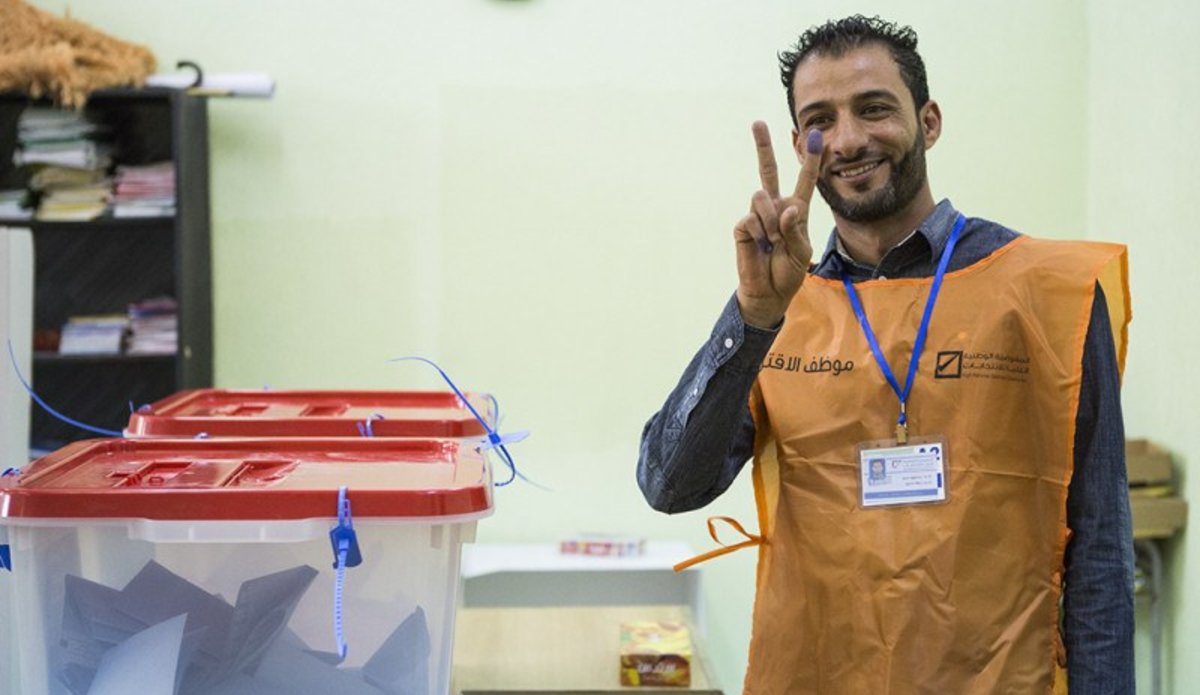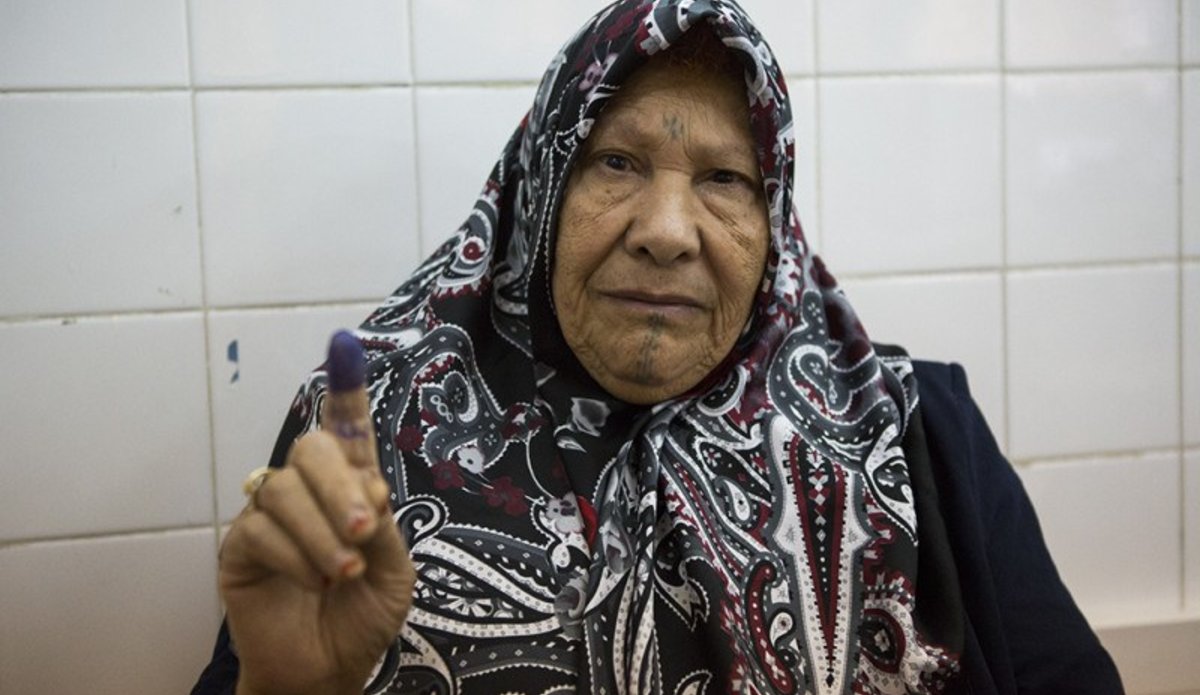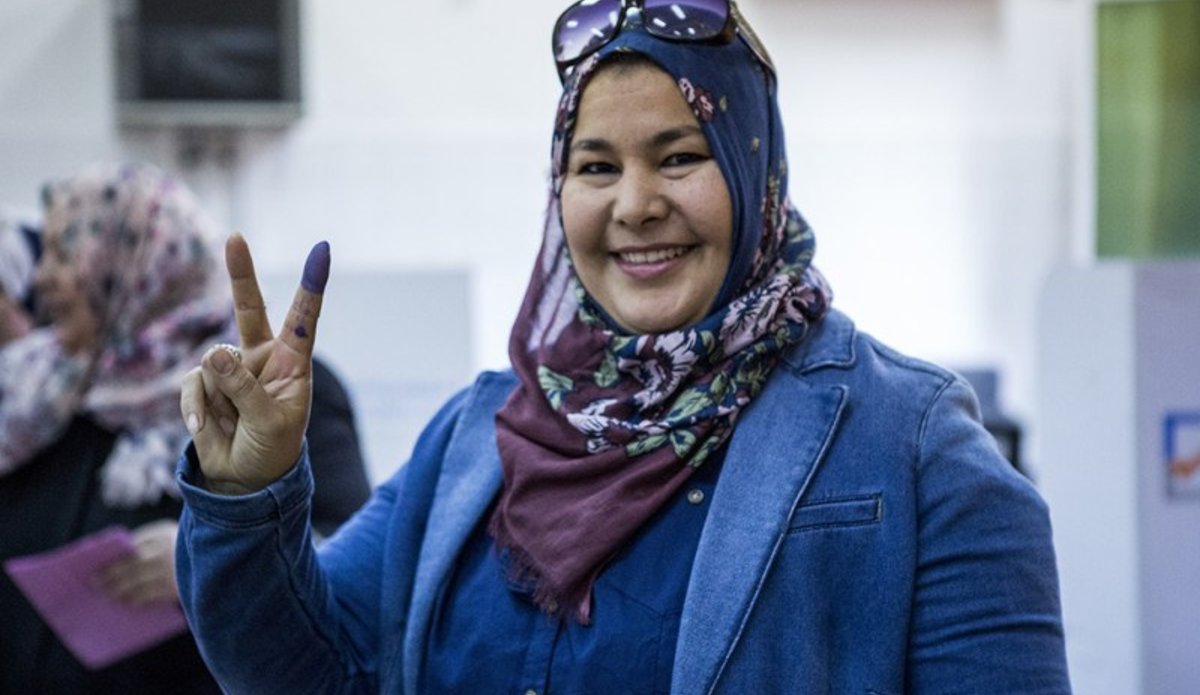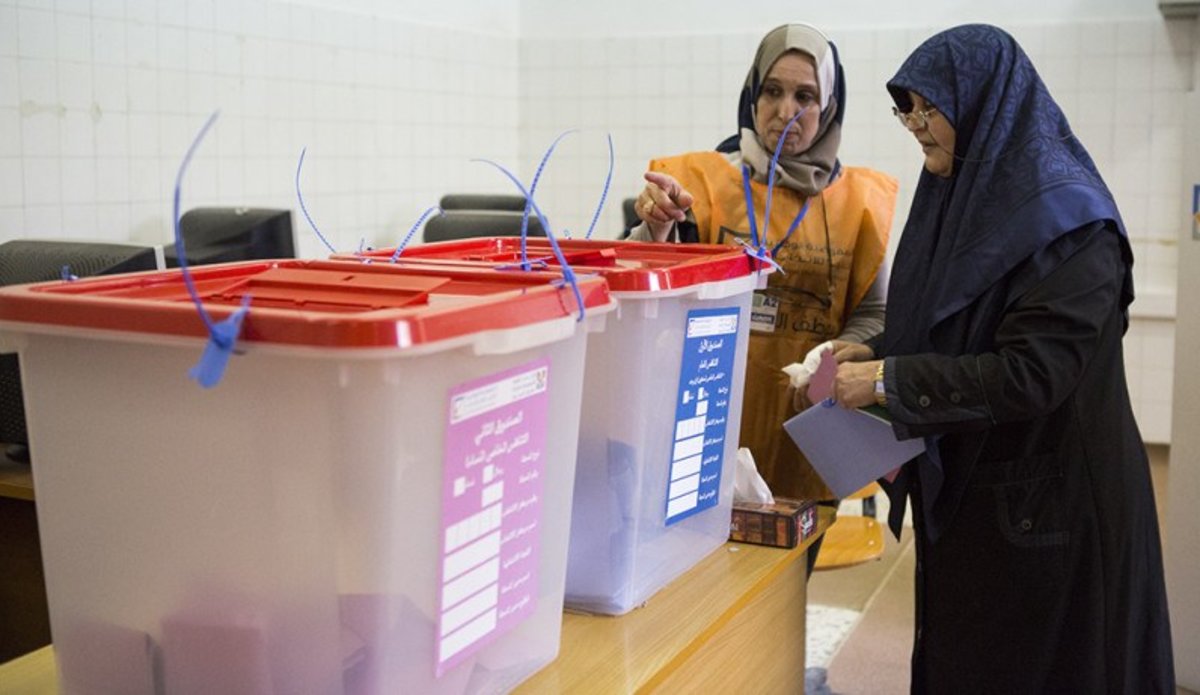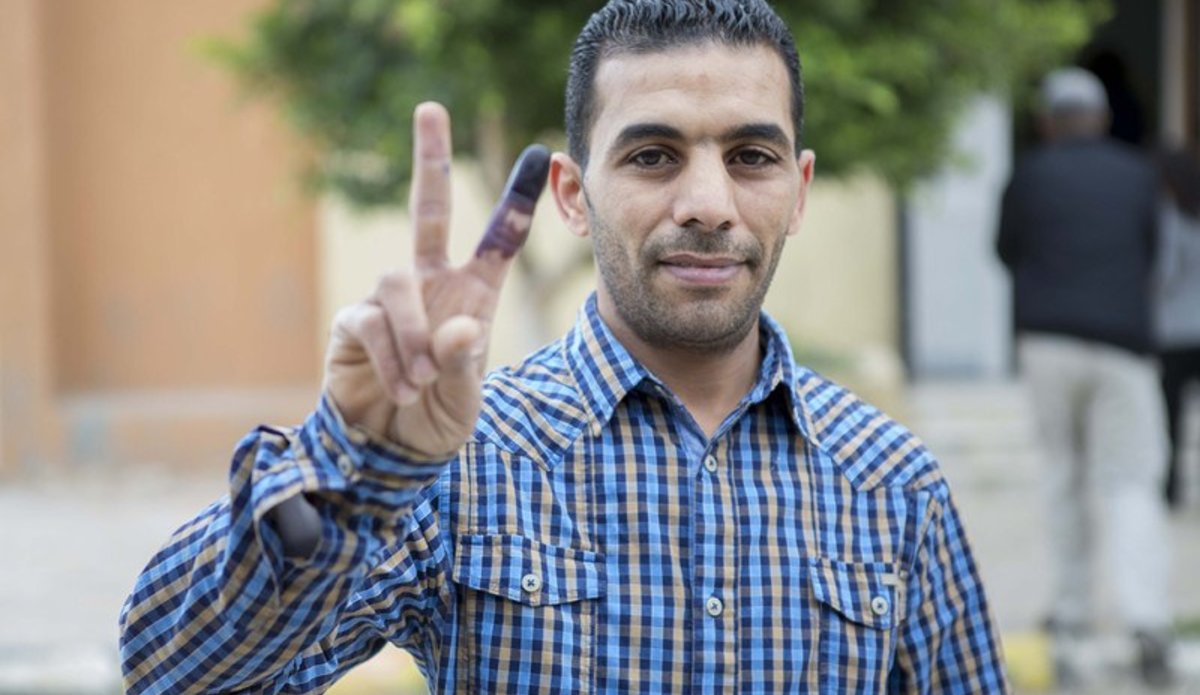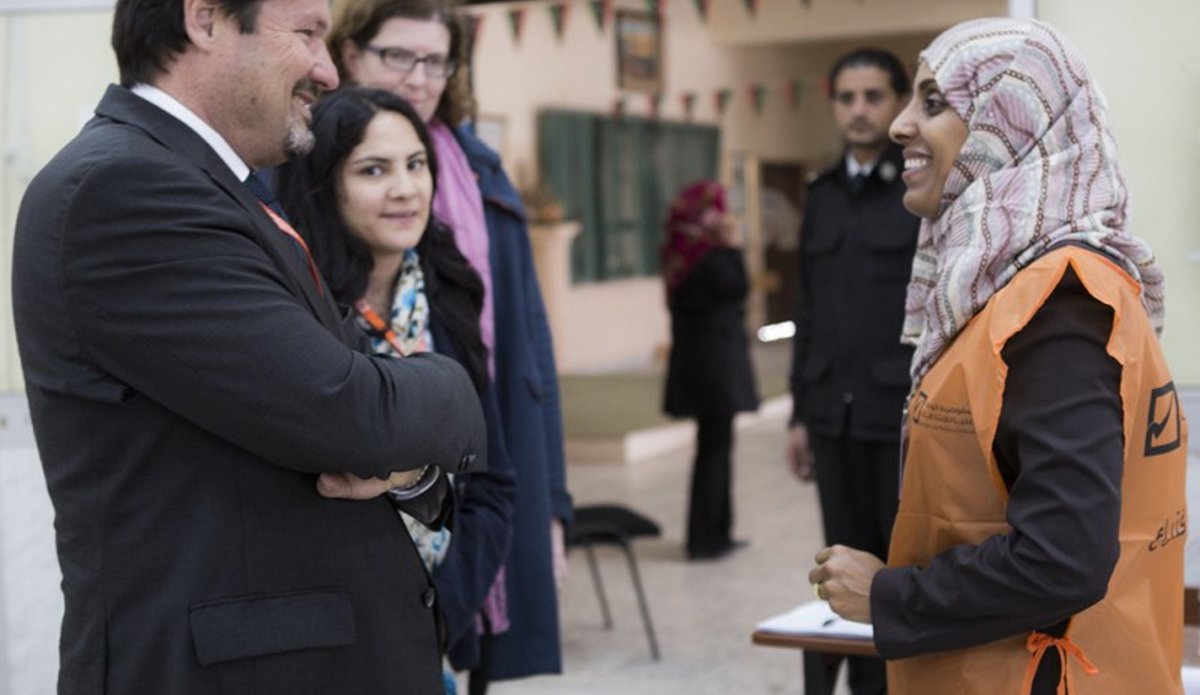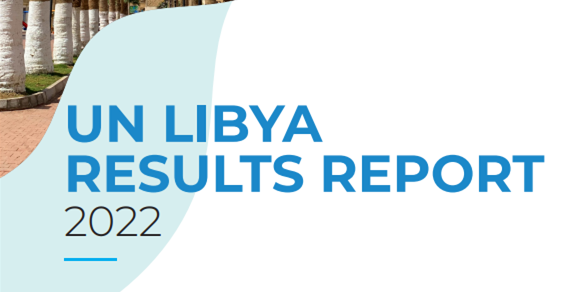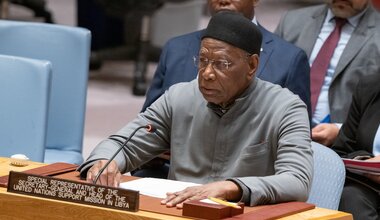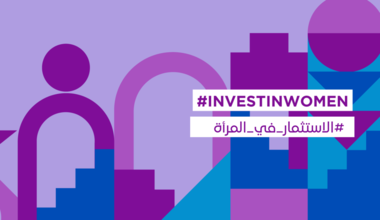Despite Difficulties, Libyan Voters are Hopeful
It is hard to recapture the excitement felt at a first post-revolution election, but the elections of the Constitution-Drafting Assembly on 20 February 2014, coming amid sharp political divisions and security instability, proved that despite the difficulties Libyans are still hopeful about their country’s recovery.
Of course, there was less of the passion which accompanied the 7 July 2012 elections of the General National Congress (GNC), as the country is mired in a deep political crisis threatening its security and stability. Yet, those who registered and voted were determined to make their voice heard and were optimistic about the future.
Of course, there was less of the passion which accompanied the 7 July 2012 elections of the General National Congress (GNC), as the country is mired in a deep political crisis threatening its security and stability. Yet, those who registered and voted were determined to make their voice heard and were optimistic about the future.
“This is our constitution, the constitution of the country. There is no choice. If we are negative, and if we all do not vote, who will make a constitution?” asked Marwa Alsenussi, a young women who came along with her family to cast her vote at the Khaledat Public School for Girls in Tripoli’s Hay Al-Andalus neighbourhood.
The elections set in motion the constitution-making process. Although Libyans were given the relatively rare opportunity to elect an assembly of 60 members from all over the country to draft a new constitution which will be later put to a referendum, the current political crisis surrounding the GNC including threats and counter-threats by revolutionaries, public protests for and against the extension of the GNC’s mandate has dampened people’s enthusiasm in these elections.
However, given the wider political upheaval, that the elections are taking place, as planned amidst so much uncertainty, is a matter that is worthy of praise.
A total of 1,101,541 voters registered in these elections, of which 449,501 were women. Of that figure, 497,663, or about 45 percent, cast their ballots. Amazighs have largely boycotted the elections in areas they predominate both as candidates and as voters. About 80 polling stations out of 1,577 countrywide were closed due to security problems.
A total of 649 candidates, including 64 women, competed for the 60 seats, divided equally among the country’s three traditional eastern, western and southern regions. Six seats were reserved for women and cultural and linguist components guaranteed 6 other seats.
“Despite the crashing political and security waves, the High National Elections Commission (HNEC) was able to navigate its way and open polling stations for the electorate across the country,” Nouri Al-Abar, Chairman of the Commission, said in an interview on polling day. “This is in itself a success, a big triumph.”
As with the previous elections, the United Nations assisted the Libyans in organizing the elections, providing technical support and expertise. UN election experts provided advice on many aspects of the process, working with HNEC staff in Tripoli as well as in the field offices across the country. UN advisors assist with all areas of electoral operations, from designing public information materials to procurement of ballot papers.
In addition to support for the organisation of the elections, the UN supports other elements of the process. The UN Support Mission in Libya (UNSMIL) and UN Development Programme (UNDP) organized a workshop on training candidates on constitution-making, and other training was offered to women candidates by UNSMIL. Other workshops involved training media on international standards for election coverage run in cooperation with United Nations Educational, Scientific and Cultural Organization (UNESCO).
Special Representative of the UN Secretary-General for Libya, Tarek Mitri, visited the HNEC and two polling stations on 20 February, praising the professionalism of the process and crediting the HNEC and the awareness of the Libyans for its success. He stressed the political and national significance of these elections.
“The elections are very important because they set in motion the process of drafting the constitution,” he said at the Khaledat School polling station. “These are elections that prepare for an Assembly to work on behalf of all Libyans to put in place their national charter and social contract which decides on issues that have been debated in recent years about the political system and decentralization and other issues.”
For Muftah Shaftar, a retired state employee, his participation went beyond constitution-making concerns. He and retired officer Abdalla Alsenussi both were as equally interested in peace and stability.
“Compared to the situation we are witnessing, this is a success,” Mr. Shaftar said after casting his vote and dipping a finger in inedible ink as proof and to guard against voting more than once.
“I came to vote for people I know and others that represent us and express our demands and our views. We say our view and we wish for it to be in the constitution.,” Mr. Shaftar, 58, said. “But stability is the most important,” he added.
“We want to build a constitution for the coming generations that can bring happy life and prosperity,” Mr. Alsenussi said.
Ayman Yousef, an employee at an advertising company, complained about the choice of candidates, particularly over age and experience, preferring older people with expertise in law, politics, Sharia and jurisprudence. Nevertheless, he came to the polling station to vote.
“I don’t want to waste my stake in the State,” said Mr. Youssef. “I expect good results that match our ambitions.”
Ali Hassan Othman, head of the Khaledat polling station and director of the school, was flanked by his wife, four girls and two boys, the youngest aged 4, all dressed in their best. “It is a party,” he exclaimed, pointing to the young siblings. His eldest daughter, Areej, voted for the first time.
Mawadda Salah Shanbar, an accounting student in her 20s, came to ensure her voice is heard. “The demand is a constitution that rules over the country in a good way and that people are comfortable with it and that it does not favour one side over the other,” she said.
Although her candidates did not make it in 2012 elections and the demands she espoused did not materialize, she remains optimistic.
“In the past, I was disappointed, but this time I am confident. This time, Inshallah (God Willing), things will be better.”
 United Nations Peacekeeping
United Nations Peacekeeping UN
UN
